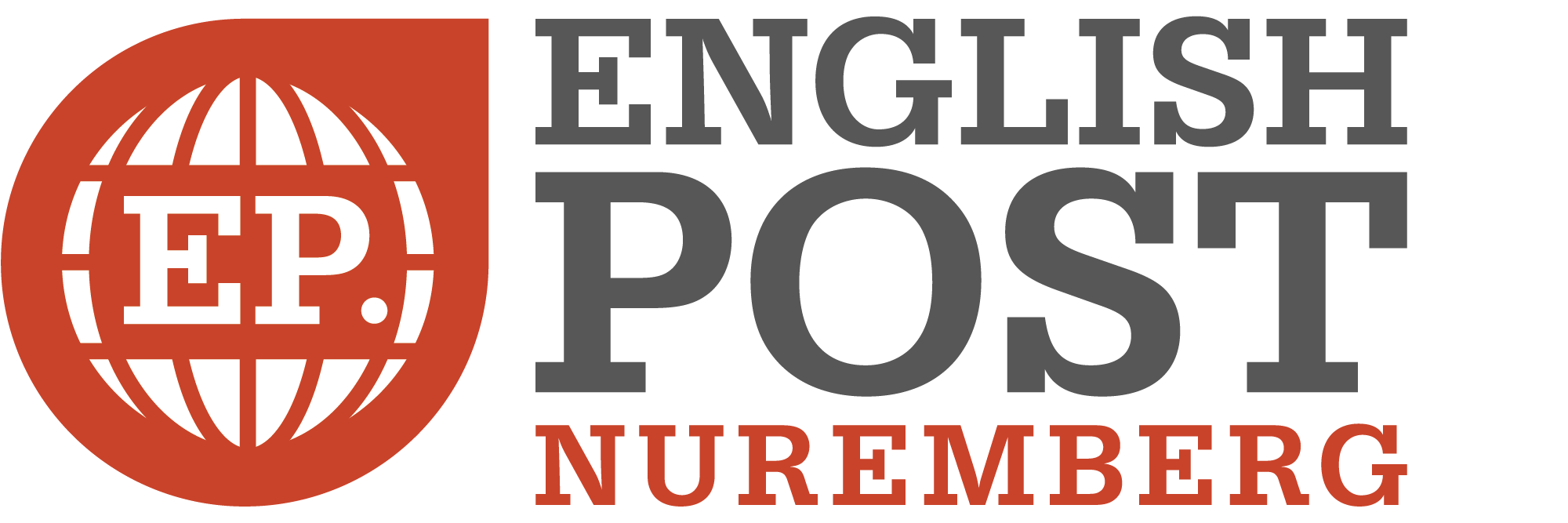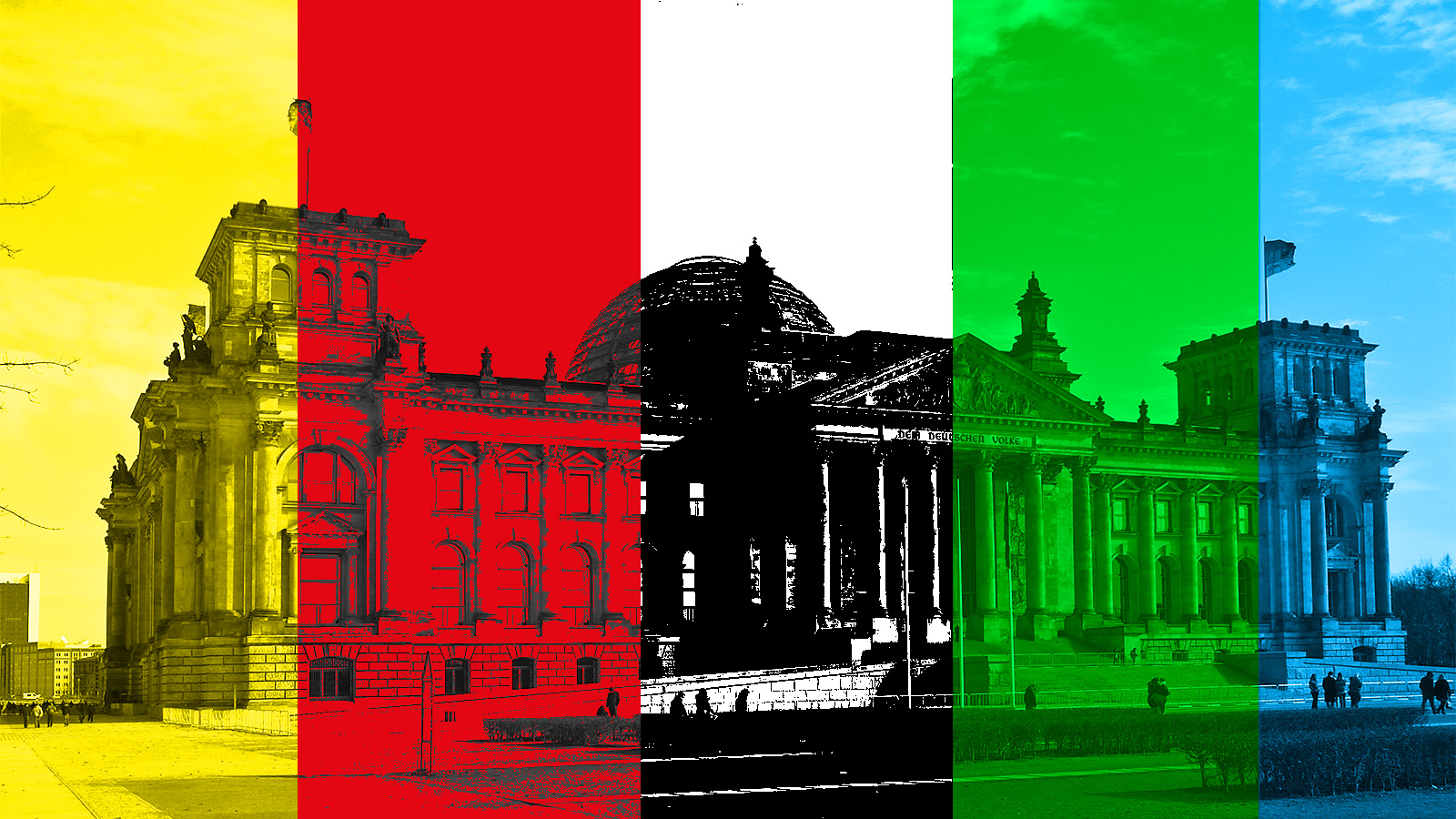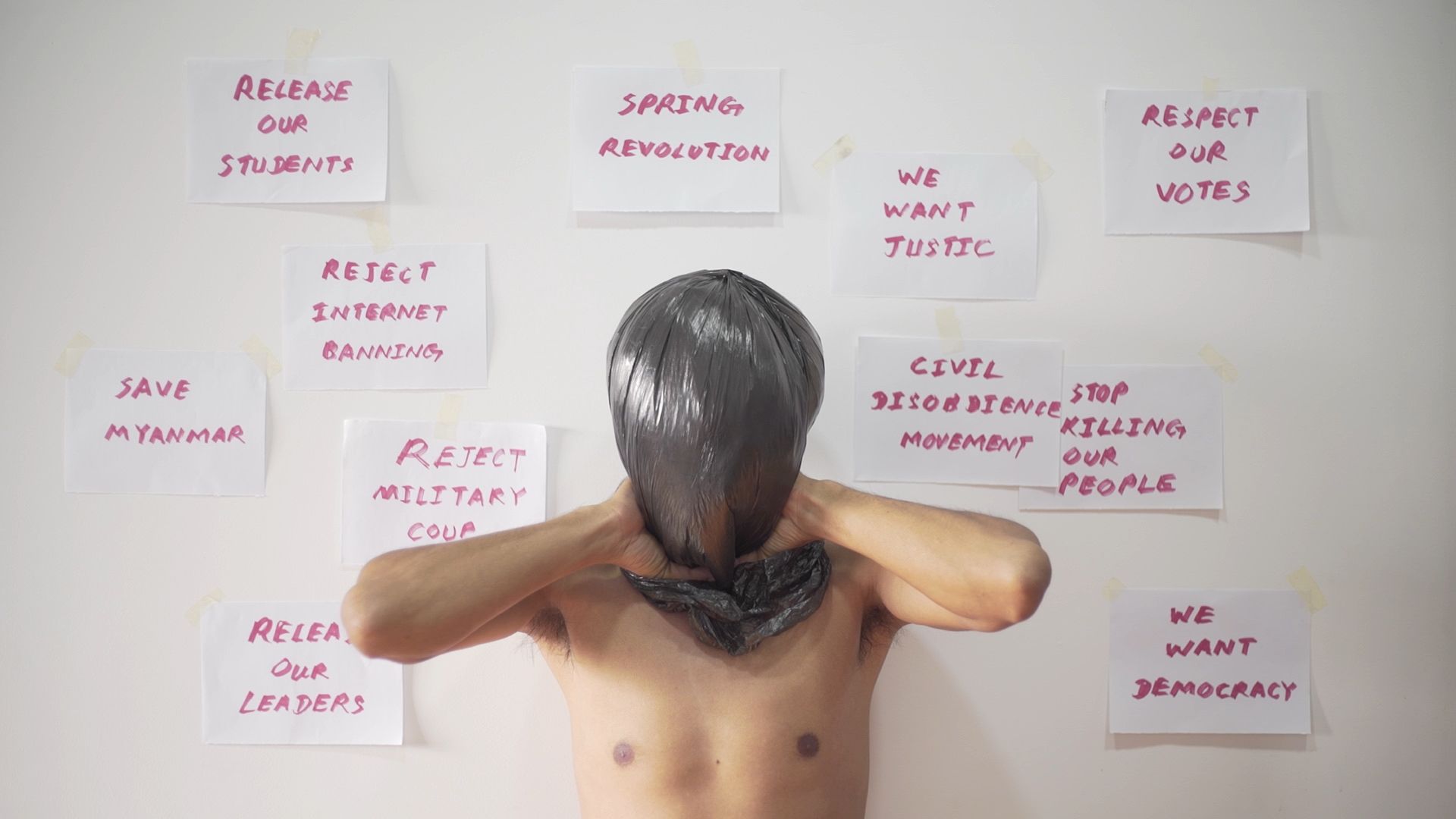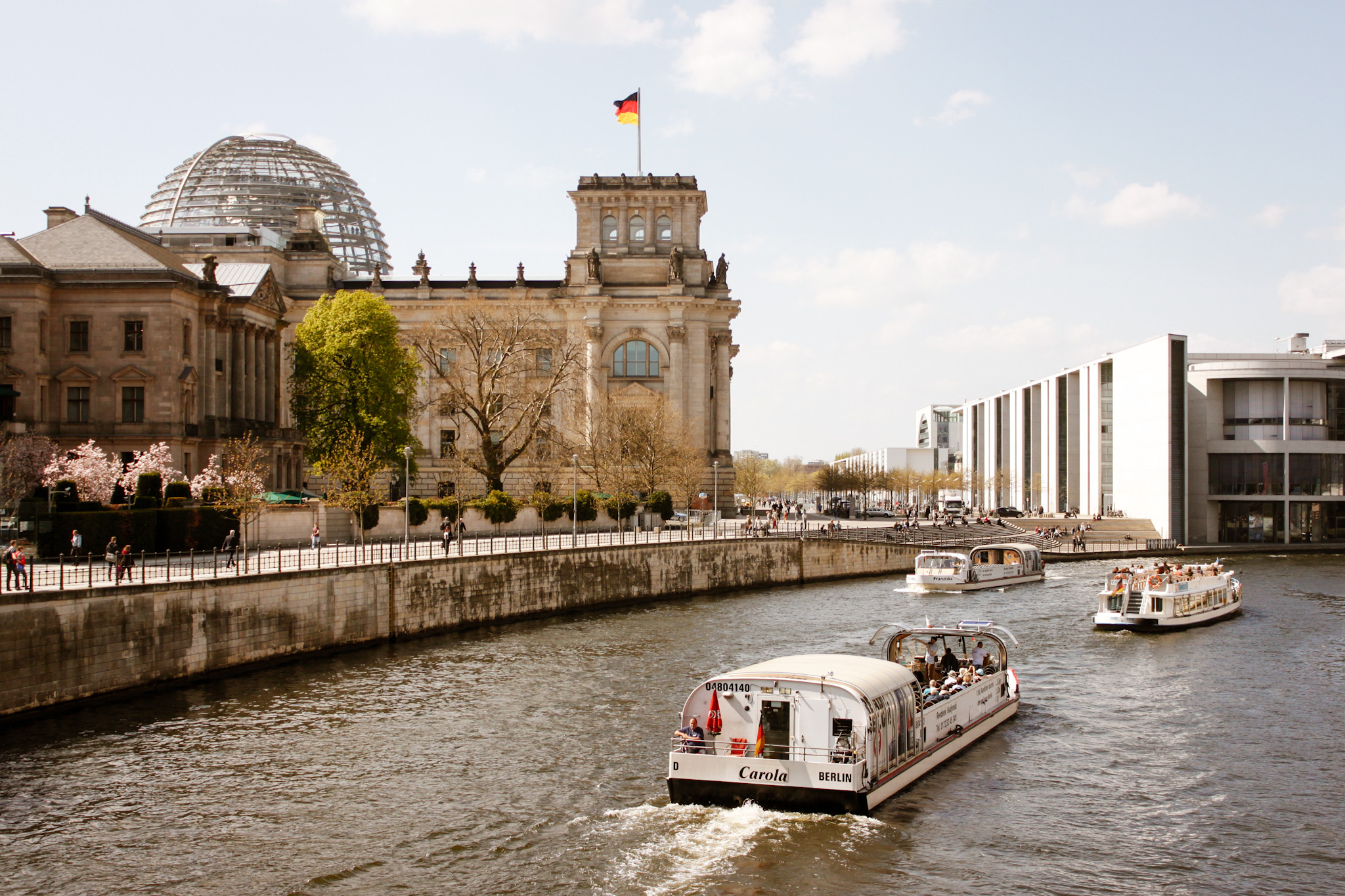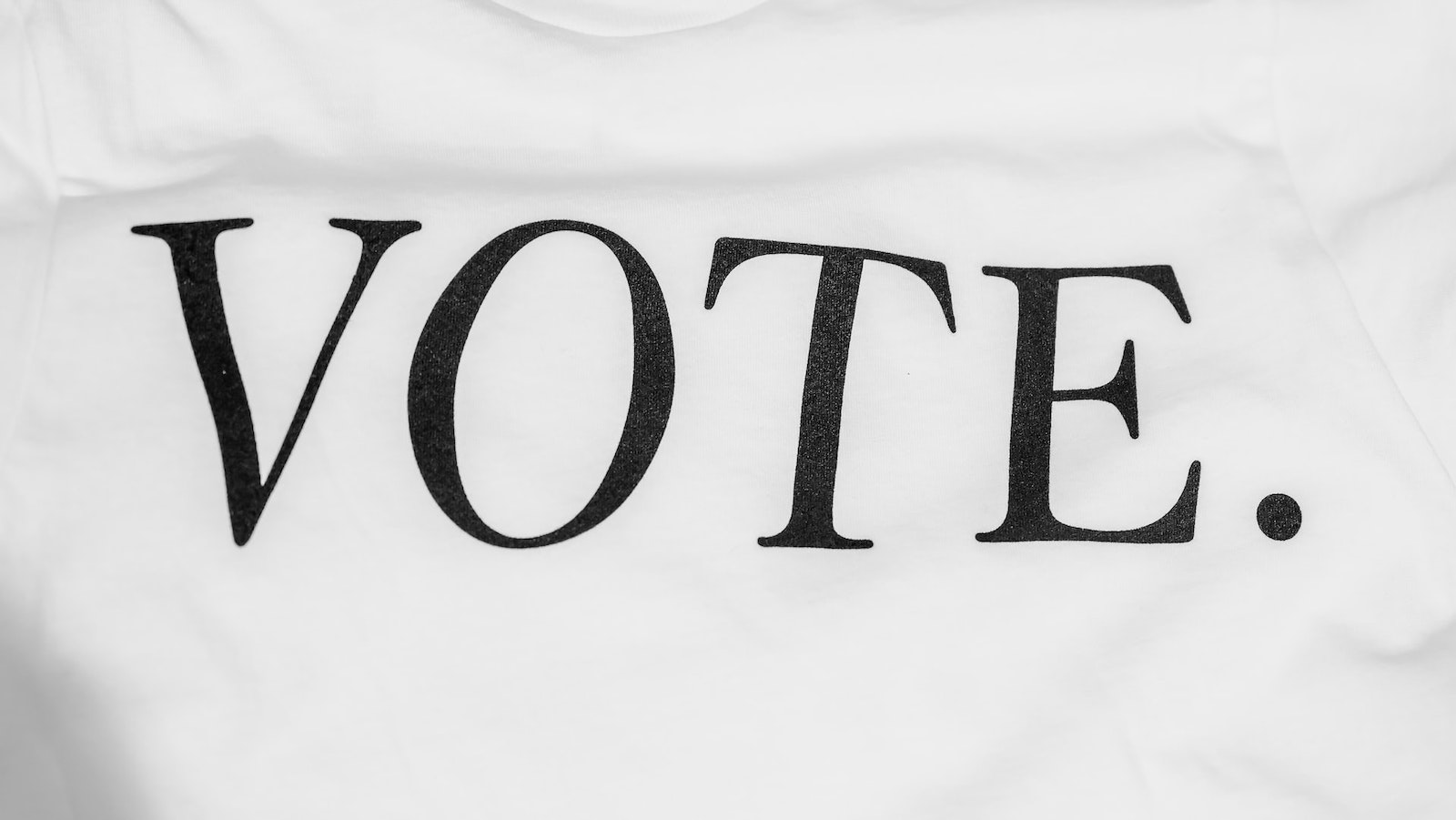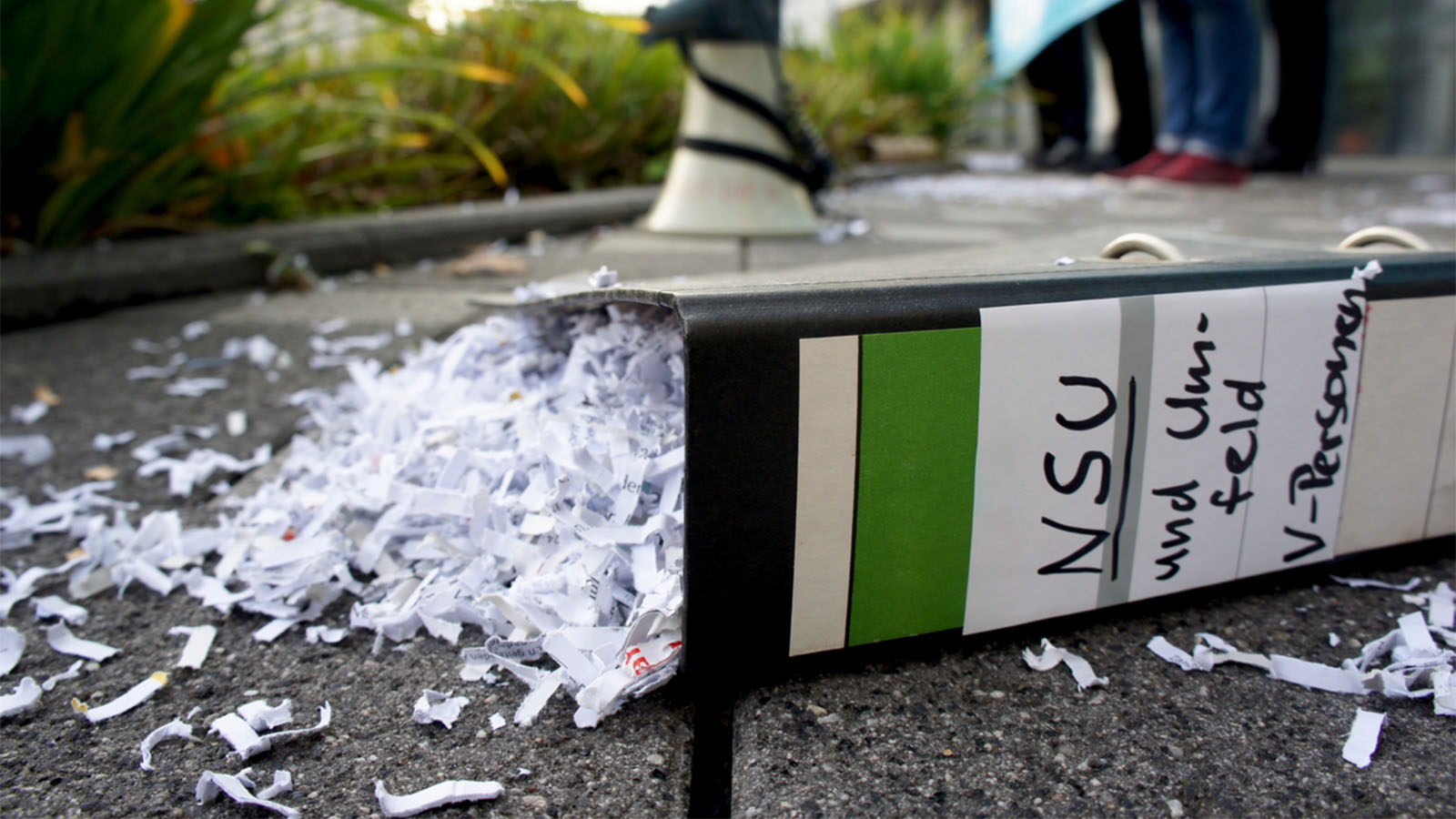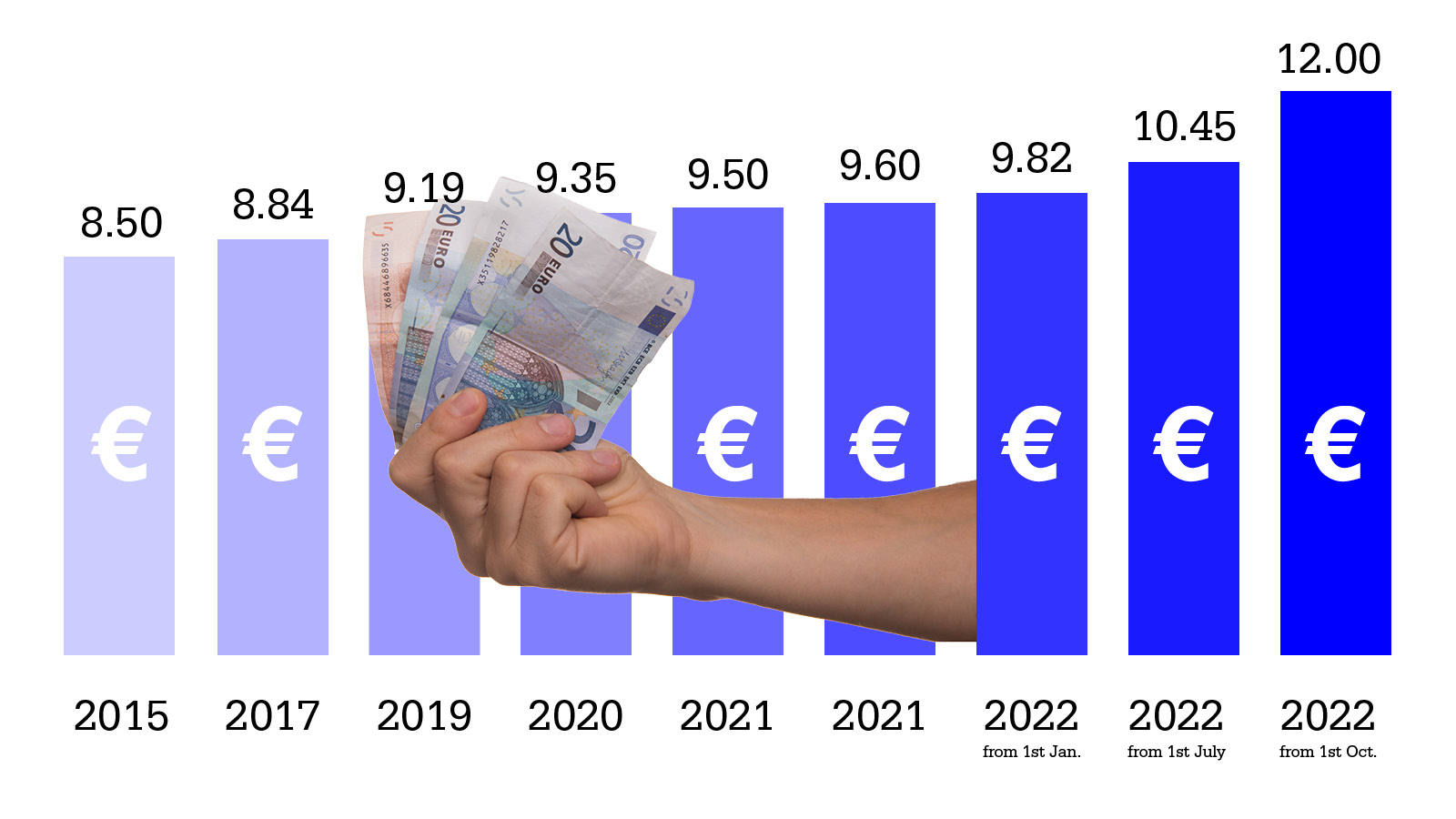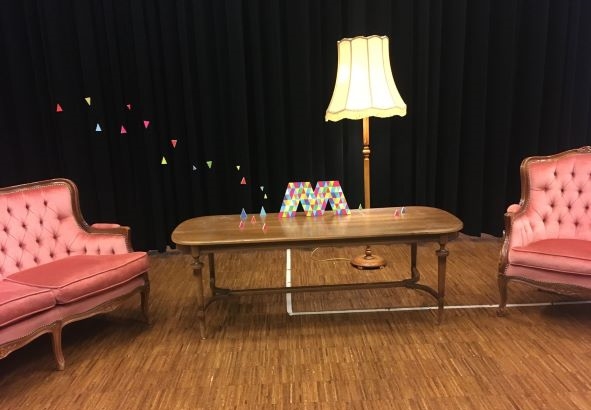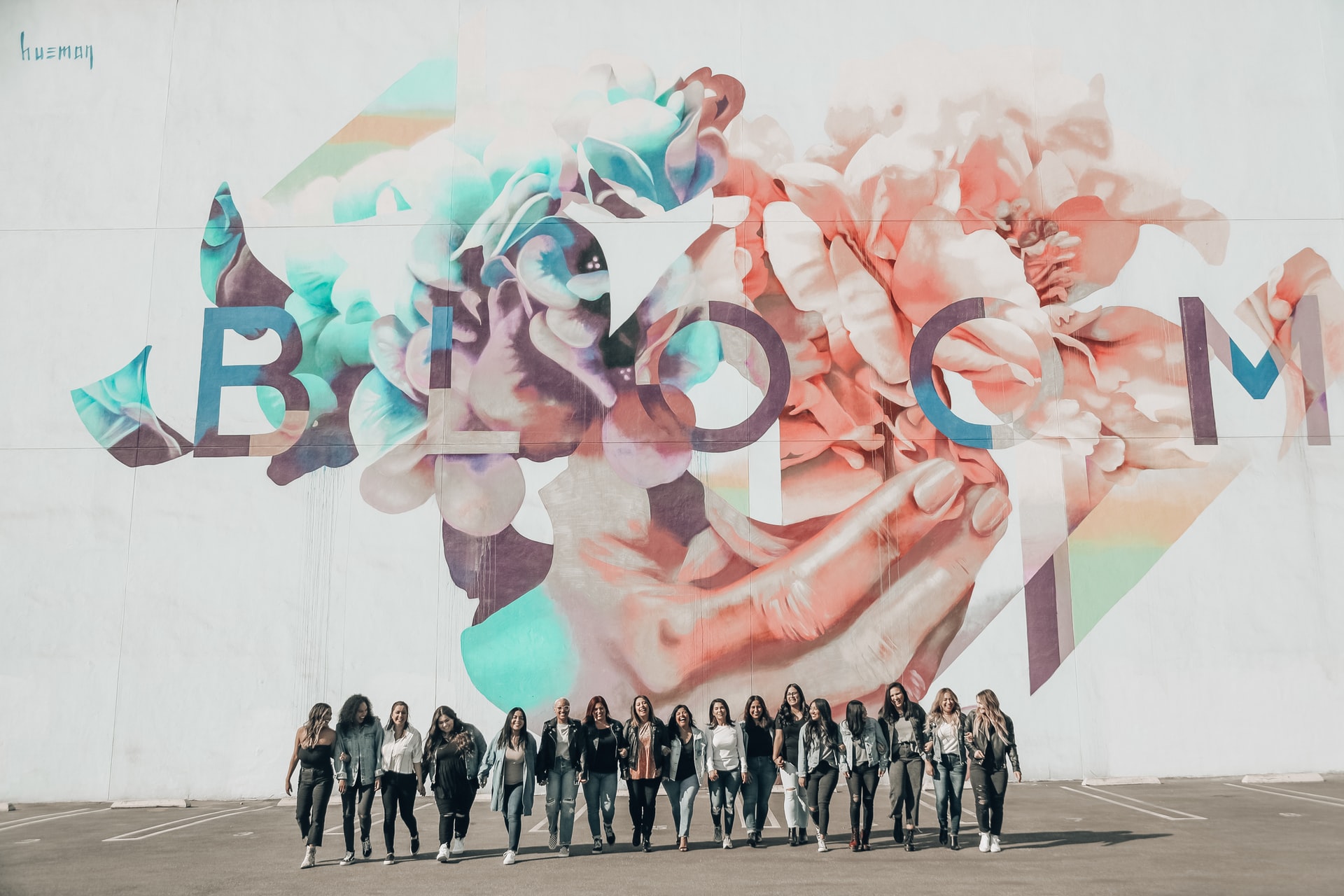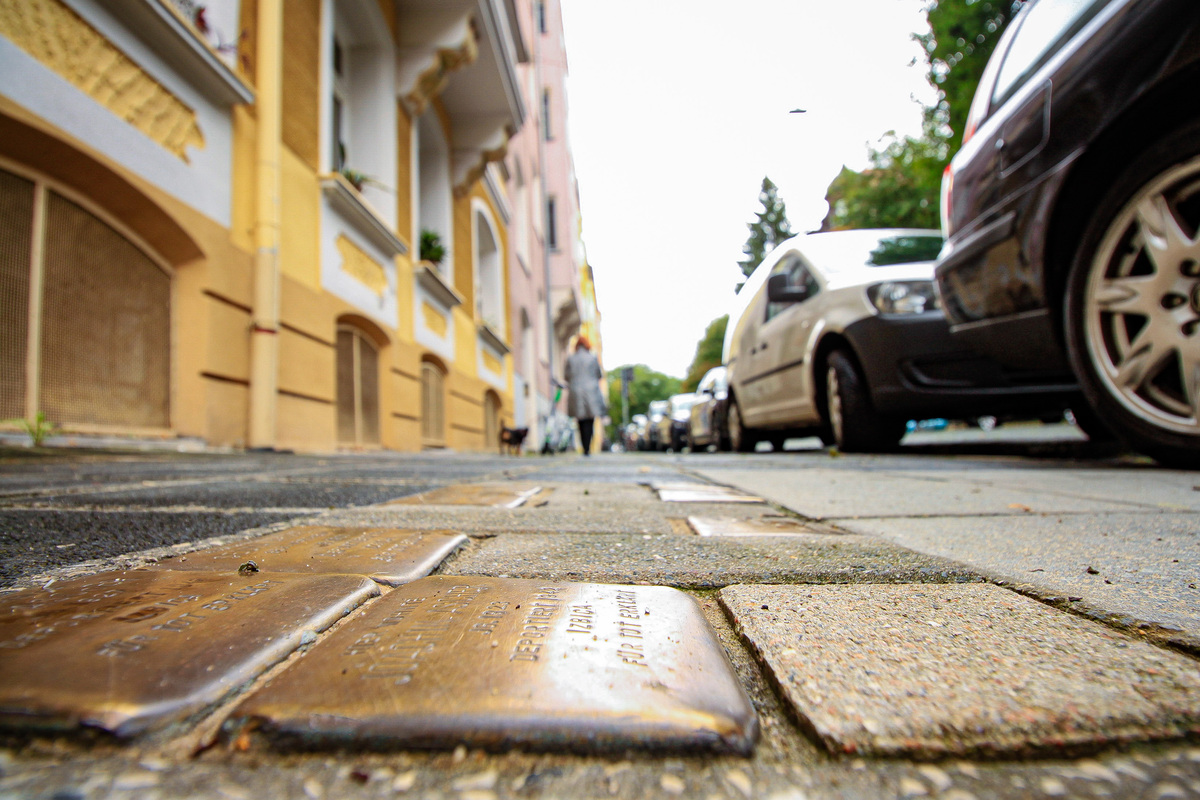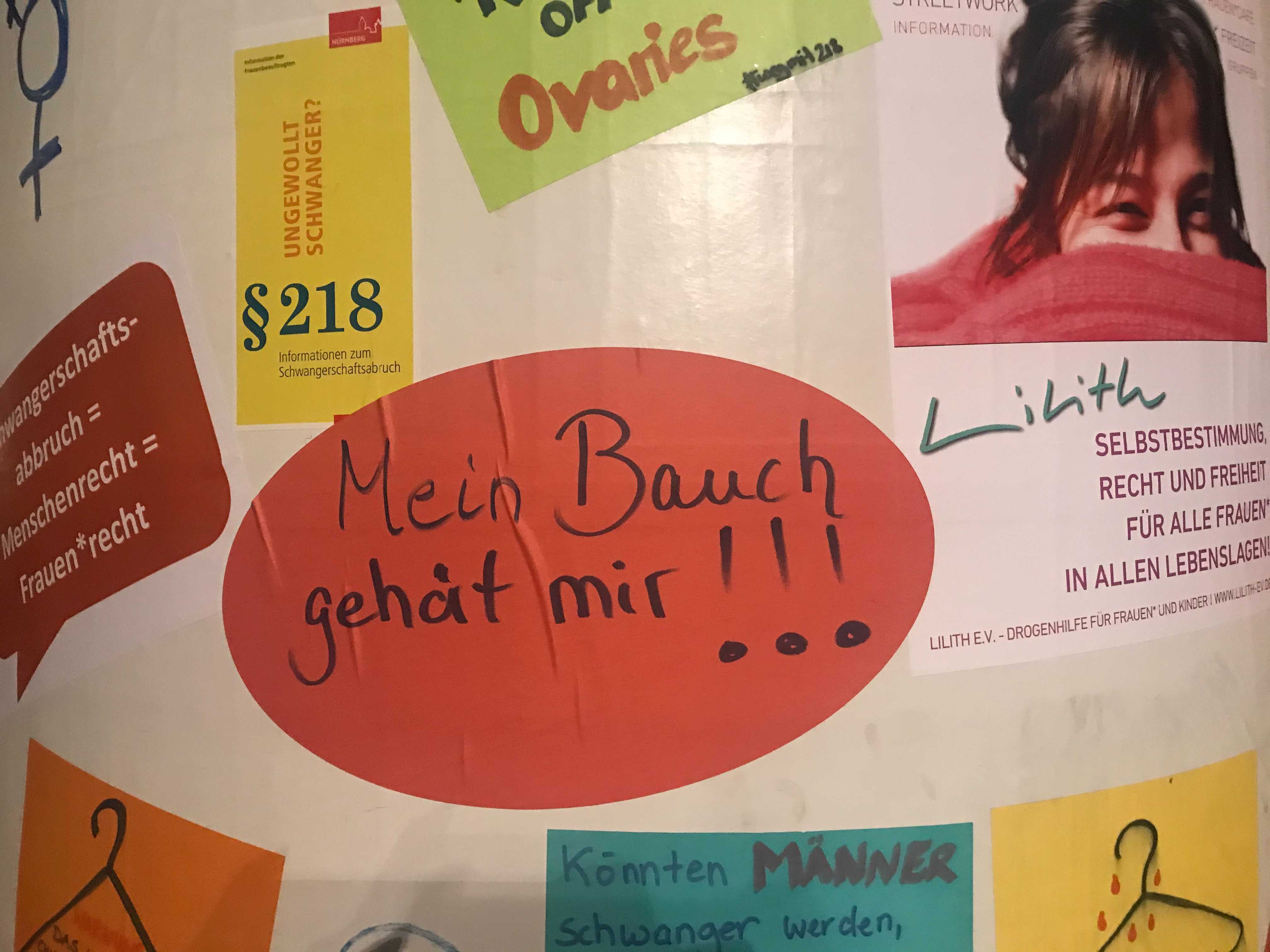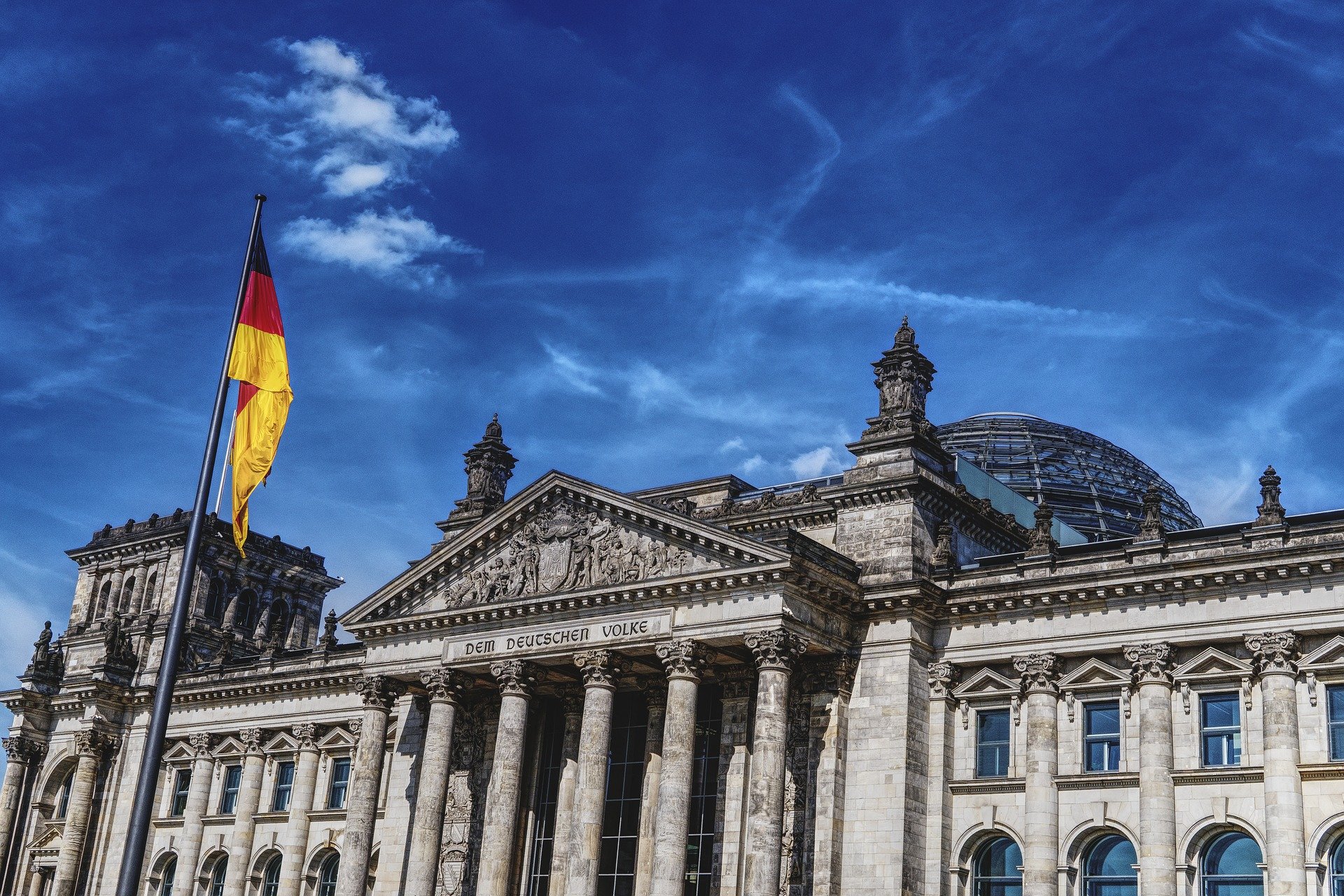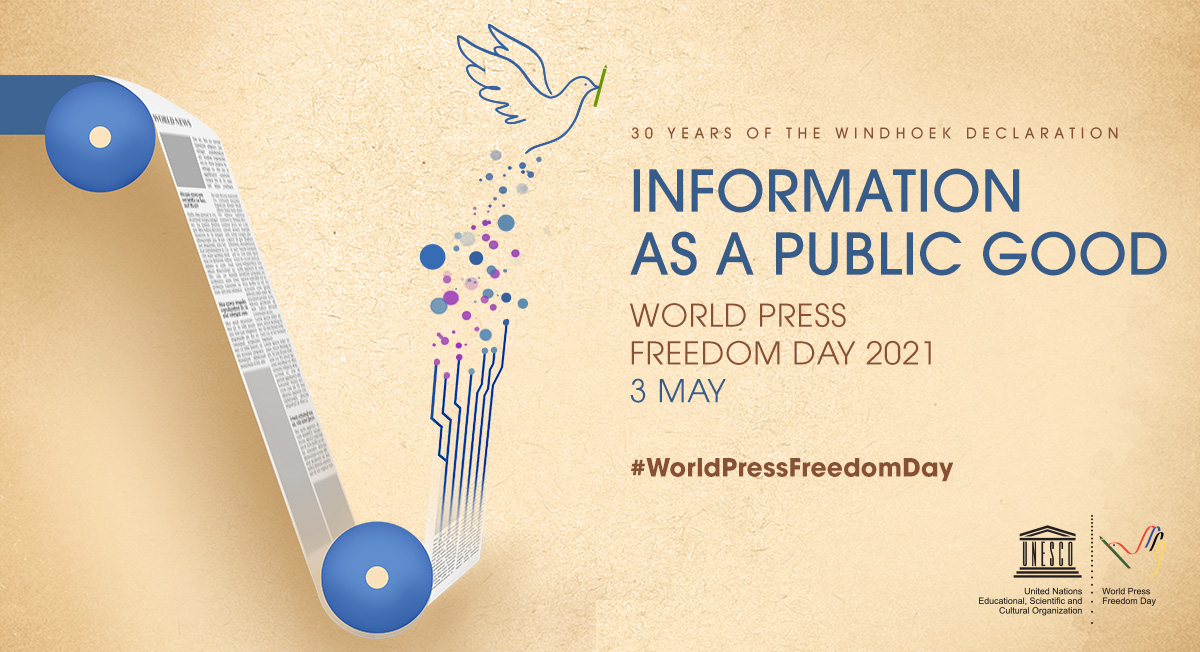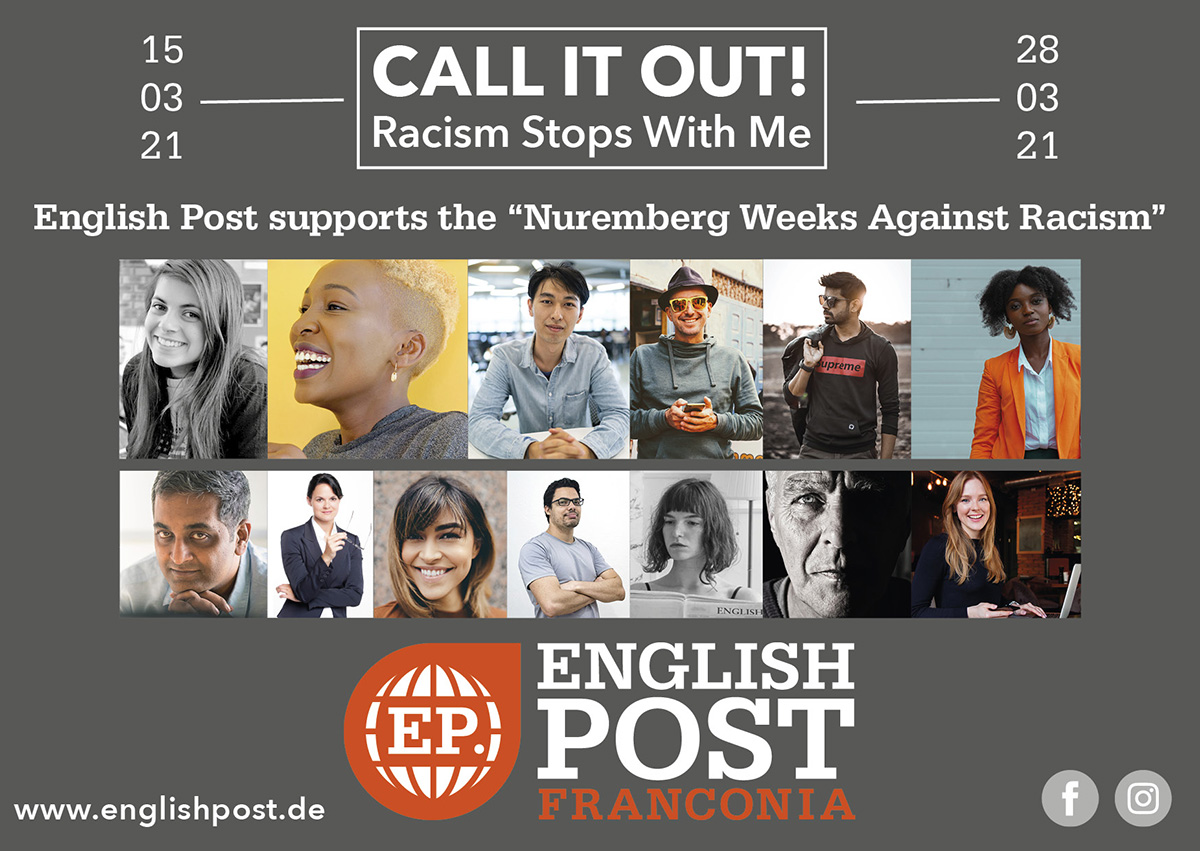An overview of the parties running for the German Bundestag
In Germany, more than 20 parties are running for the ‘Bundestag,’ each of which has their own idea about what would be best for the economy, climate, immigration, and other important issues that will inevitably come up in the next four years. Each of those parties also have a person in mind for who they would like to become chancellor.
To start, there are two parties that, together, are considered “The Union,” which, as their name entails, work together as a party. The first party for The Union is the Christian Democratic Union, also known as the CDU. The second party is known as the Christian Social Union, also known as the CSU, which is a party that only exists in Bavaria. They are symbolized by the color black. This is Angela Merkel’s party. They are a right-wing party that, under Merkel, became more centralized in their values which were created to reflect Christian values. They value the free market with some regulation and do their best to be a voice for the people by, theoretically, taking everyone’s ideas into account and then compromising with everyone until the majority of the population is happy.
The main candidate for chancellor for this party is Armin Laschet, a stalwart supporter of Merkel and renowned for his belief in compromise. He previously worked as a journalist before going into politics, is currently the president of the CDU, and is in charge of the region which recently sustained massive flooding, testing his abilities to manage a crisis. During his campaign, he did not put forward a clear manifesto and, unlike Merkel, he doesn’t seem to have an interest in climate change policy. He supported the decision to allow refugees into Germany but did not like how Merkel handled the pandemic.
The Social Democratic Party, or SPD, is symbolized by the color red. They are a center-left party. It was created to represent the working class. The party supports a social market economy and would like to redistribute wealth and regulate the economy more. SPD also cares about the environment, hoping to be climate neutral by 2045, and wants to foster digital age technology. They want equal opportunities and a unified Europe.
The main candidate for chancellor for SPD is Olaf Scholz who is presently the finance minister for Germany and vice Chancellor. He is the former mayor of Hamburg and a former labour minister whose focus was on social housing and raising the minimum wage. His campaign slogan is #ausrespekt (out of respect). He is Merkel’s deputy in the grand coalition and wants to strengthen support for children and families, especially as a result of the pandemic. He also wants to make rent affordable and pensions more stable.
The Green Party (Grüne) is symbolized by the color green and started, as the name suggests, with green politics. The Green Party is a left wing party and is all about climate change and social justice. They believe a significant number of problems are rooted in consumerism, and they are open to the idea of a properly regulated social market economy which they believe may be able to solve some ecological problems.
Annalena Baerbock is the chancellor candidate for the Green Party. She has been the Green Party co-chair since 2018 and holds a degree in public international law from the London School of Economics. She wants a “fresh start” in Germany and is hoping to go further than Merkel in meeting the demands of the Paris Climate Agreement in order to make significant strides towards climate protection. She also stands for advancing the rights of children and asylum seekers and wants to relieve the tax burden for those with lower pay.
The Free Democratic Party, or FDP, is a center-right party, the party of classical liberalism, represented by the color yellow. It is committed to the social market economy. It would prefer a small government, less bureaucracy, and more personal freedom and would like to extend equal rights for same-sex marriages.
Christian Lindner is the leading figure and chancellor candidate for this party. He would like to focus on free-market, and social and economic reform. He is interested in economic growth, digitalization, and education. This party, and the candidate they want to represent them, is very much about the government making fewer decisions on behalf of the people.
The Left (die Linke), as its name suggests, is a left-leaning party established in 2007 and is a successor to the Socialist Unity Party (SED). It would like to tax the rich, to raise business taxes to finance education and infrastructure and significantly raise the minimum wage. They are considered democratic socialists. This is the only major party to strictly oppose military missions abroad.
Janine Wissler and Dietmar Bartsch are the duo running for chancellor on this ticket. They hope to increase state control of the economy and would like to withdraw from NATO.
Janine Wissler has stances on genetic engineering (pro), energy policy and research policy (pro), and arts and culture. She is very much against those with too much wealth and is interested in income distribution. She also believes that education should be a human right and not a privilege. Dietmar Bartsch fought against child poverty in Germany. Bartsch advocates for socio-ecological restructuring and wants to make sure that elderly people have a steady and comfortable pension.
Alternative for Germany, AfD, is a populist, right-wing party founded in 2013 and signified by a light blue color. It is so right-wing that some people consider it fascist. They would like stronger controls on immigration and have threatened to withdraw from the EU if certain reforms are not made. They would like to lower taxes and reintroduce mandatory military service, which Merkel recently abolished. They were not a fan of Merkel’s bailout of Greece either. It is very nationalist and very anti-immigrant. This party is particularly popular in the former communist east of Germany. A major problem for this party is its significantly low female membership.
Alice Weidel and Tino Chrupalla are the chancellor candidates for AfD. They oppose allowing refugees into Germany, do not like COVID restrictions, are skeptical about climate change, and would like to return to country currencies and leave the EU. Chrupalla has gotten into trouble in the past for tweeting about how multiracial societies are doomed – very white supremacist. He has proven to be racist and a misogynist. Weidel is an openly gay candidate who opposes same-sex marriage and has already gotten in trouble for illegal donations to her campaign.
As mentioned, parties have different colors they are symbolized by, and, once the parties have members in the Bundestag, they will try to form a ‘Koalition’ with another party or two so that eventually they reach a majority vote for chancellor. As the parties form their ‘Koalition’ they are defined through different flags based on their color schemes. The Jamaica Koalition (black, green, yellow) and the Kenya Koalition (black, red, green) are very likely to make headlines while we wait to learn more about who will become German chancellor.
- Jamaica Koalition – Black, yellow, and green – CDU/CSU, FDP, and Green Party
- Kenya Koalition – Black, red, and green – CDU/CSU, SPD, and Green Party
- Germany Koalition – Black, red, and yellow – CDU/CSU, SPD and FDP
- Traffic Light Koalition – Red, yellow, Green – SPD, FDP, and Green Party
- Grand Koalition – Black and red – CDU/CSU and SPD
- Red- Green Alliance – Red and Green – SPD and Green Party
Sources:
https://www.euronews.com/2021/08/26/german-elections-who-s-who-in-the-race-to-replace-angela-merkel-as-chancellor
https://www.dw.com/en/who-could-succeed-angela-merkel-as-german-chancellor/g-54784328
https://www.deutschland.de/en/the-cducsu-parties-in-the-german-bundestag
https://youtu.be/ieIhHM4tVUo
https://en.wikipedia.org/wiki/2021_German_federal_election#Parties_and_candidates
https://www.dw.com/en/cdu-csu-spd-afd-fdp-left-greens/a-38085900
https://en.wikipedia.org/wiki/Jamaica_coalition_(politics)
https://en.wikipedia.org/wiki/Grand_coalition_(Germany)
https://en.wikipedia.org/wiki/Black-red-green_coalition
https://en.wikipedia.org/wiki/Red%E2%80%93green_alliance
https://www.dw.com/en/cdu-csu-spd-afd-fdp-left-greens/a-38085900
https://www.dw.com/en/merkels-successor-german-election-candidates-face-off-in-crunch-tv-debate/a-59143585
https://www.christian-lindner.de/content/about-christian-lindner
https://www.janine-wissler.de/site/persoenlich/%C3%BCber.html
https://www.mdr.de/nachrichten/deutschland/wahlen/bundestagswahl/portraet-janine-wissler-dietmar-bartsch-100.html
https://www.dietmar-bartsch.de/
https://www.mdr.de/nachrichten/deutschland/wahlen/bundestagswahl/portraet-alice-weidel-tino-chrupalla-100.html
https://www.dw.com/en/afd-far-right-gets-a-boost-through-new-top-candidates/a-57660205
https://www.spd.de/zukunftsprogramm/uebersicht/
https://olaf-scholz.spd.de/meine-ziele/
